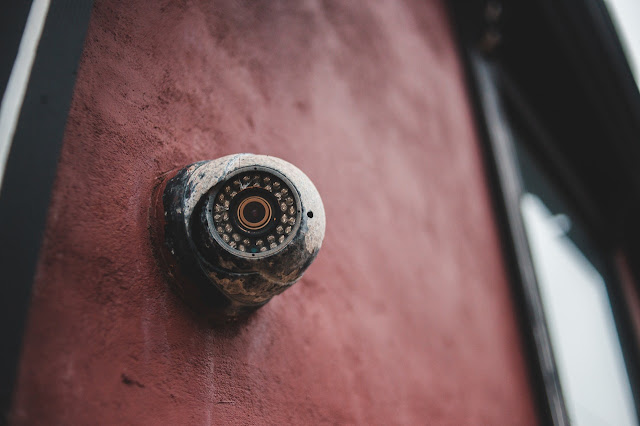Different Between IP Cameras and CCTV Camera
There are two popular kinds of video surveillance systems used for securing your house or other private property from prying eyes, IP Cameras and CCTV Cameras. While both cameras are employed for the same purpose, they work in different ways to satisfy different security requirements. In today's surveillance systems, they are also the most prevalent sorts of cameras. Get knowledge on the difference between IP Cameras and CCTV Cameras.
Advantages of IP Camera
An IP security camera CCTV system has several benefits over an analogue one. IP security cameras transmit their signal via the internet, allowing for more data transmission than an analogue signal delivered to a DVR.What are the most significant benefits?
Resolution
CCTV systems that use an IP system, whether wired or wireless, provide several benefits. They can record at a greater resolution. This implies that zooming closer will not result in a hazy picture, but rather a clear one.Some of the greatest analogue cameras can record up to half a megapixel of video. An IP camera may record video at a resolution of up to 3 megapixels.
Analytics
On an analogue system, a digital video recorder cannot highlight and preserve events. You'll have to go through all of the films until you discover a precise point. This includes sifting through hours of tape for security incidents that may occur overnight.Scalability
The number of cameras you may connect to a single DVR with an analogue system is limited. For each camera, you will also need cabling. IP camera a network video recorder is used in CCTV. This connects all of the cameras in a certain range to a single switch.Security Camera Storage Calculator
A DVR is connected to CCTV cameras. As a result, unlike IP cameras, they do not post the video to the cloud.The DVR, which is normally kept in rooms for safekeeping, may be accessed remotely to see the footage. As a result, you will require access to the DVR to see your recording. After the DVR has analyzed the video, it may be used for remote broadcasting. CCTV cameras, on the other hand, have more technical requirements than IP surveillance systems.
What You Should Know About IP Camera Addresses?
With a basic grasp of what an IP camera is and how it operates, you will be able to tell: A digital video camera that transmits and receives data over the Internet is known as an IP camera. In addition, each camera needs its IP camera address to be found, viewed, and managed via the Internet. In general, CCTV cameras get IP addresses on the local network in one of two methods. The camera may be connected to a router or an NVR, which are both DHCP enabled and capable of automatically assigning unique IP camera addresses to the camera.On a variety of levels, the simplicity of use and dependability of IP cameras exceed the benefits of CCTV cameras. When it comes to security, IP cameras outperform analogue cameras, making the migration to IP cameras worthwhile. Although the initial cost may be a concern, it is simple to see how a single IP camera may quickly replace a large number of analogue cameras in terms of functionality and scalability.




Comments
Post a Comment